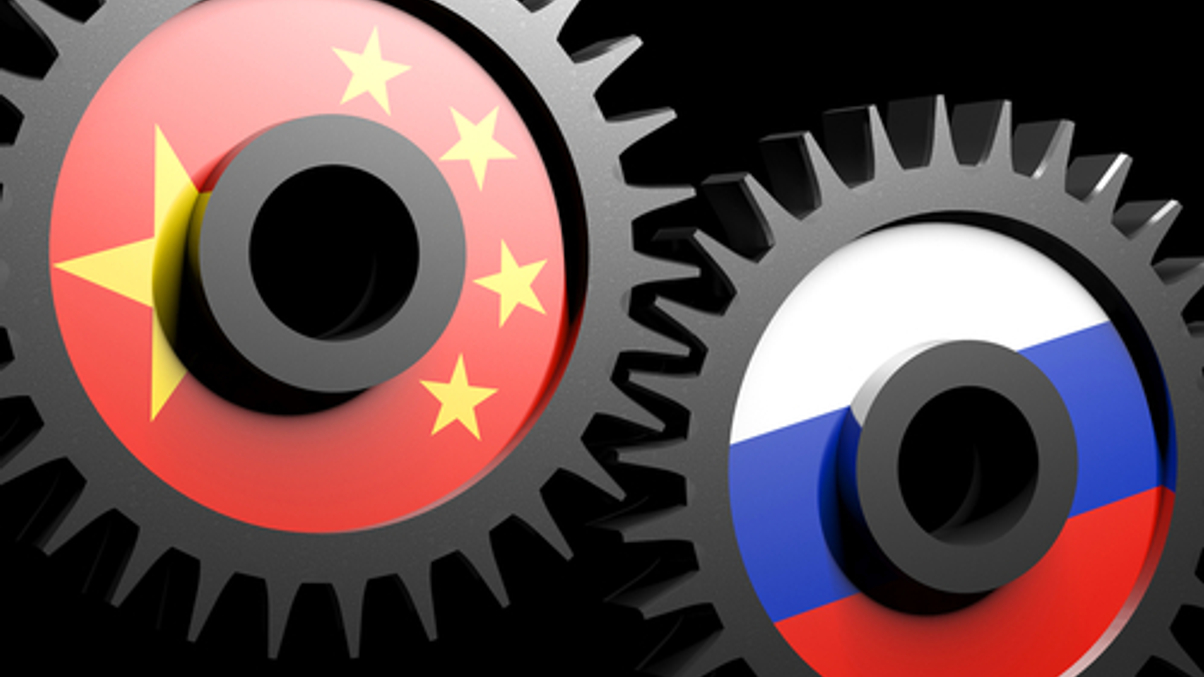Weekly investor roundup March 7: China urges insurers to perform urgent checks on Russia exposure
Even China is concerned about its Russia exposure; AIA puts on its acquisition hat; SFC fines HSBC Securities Brokers (Asia) HK$6.3 million; HKMA issues bonds; Canada Pension Plan Investment Board (CPPIB) invests $350 million into Indian commercial space; and more ...

TOP NEWS OF THE WEEK:
Sign in to read on!
Registered users get 2 free articles in 30 days.
Subscribers have full unlimited access to AsianInvestor
Not signed up? New users get 2 free articles per month, plus a 7-day unlimited free trial.
¬ Haymarket Media Limited. All rights reserved.


